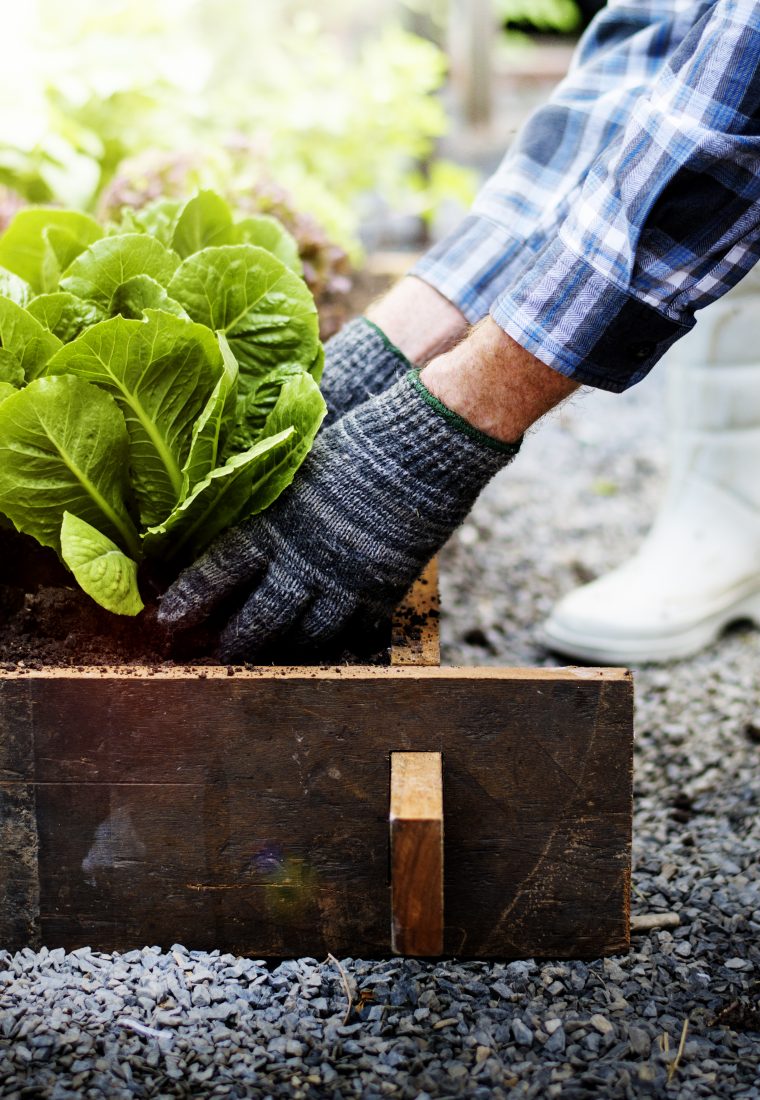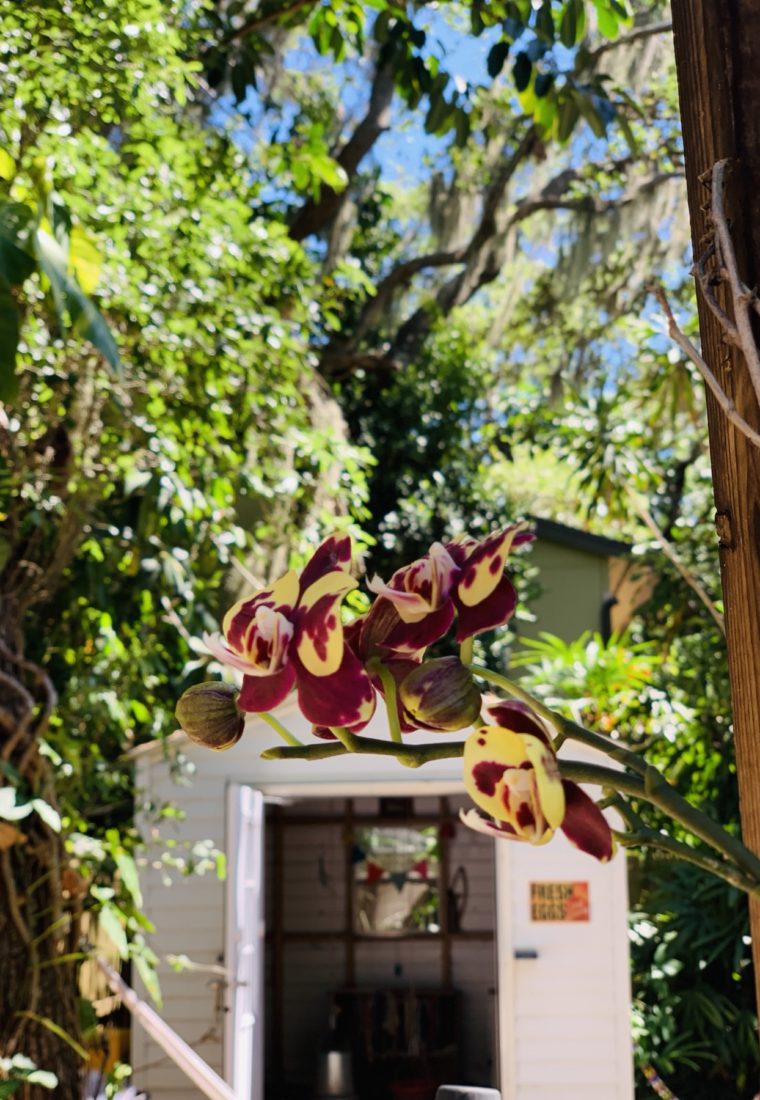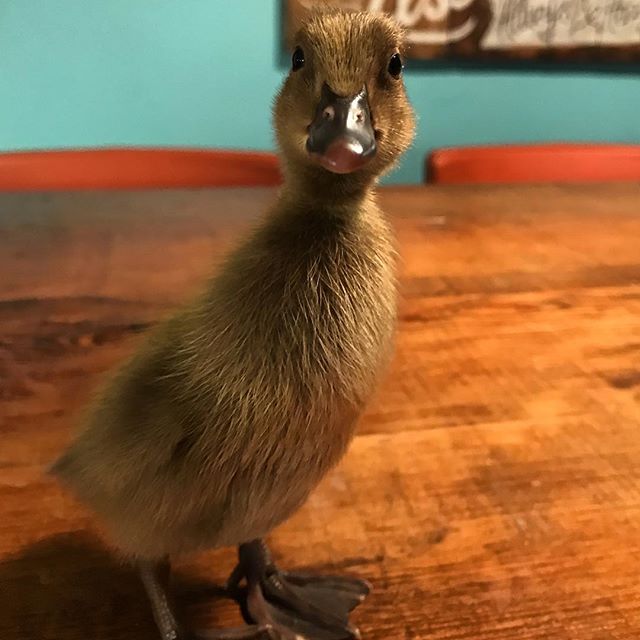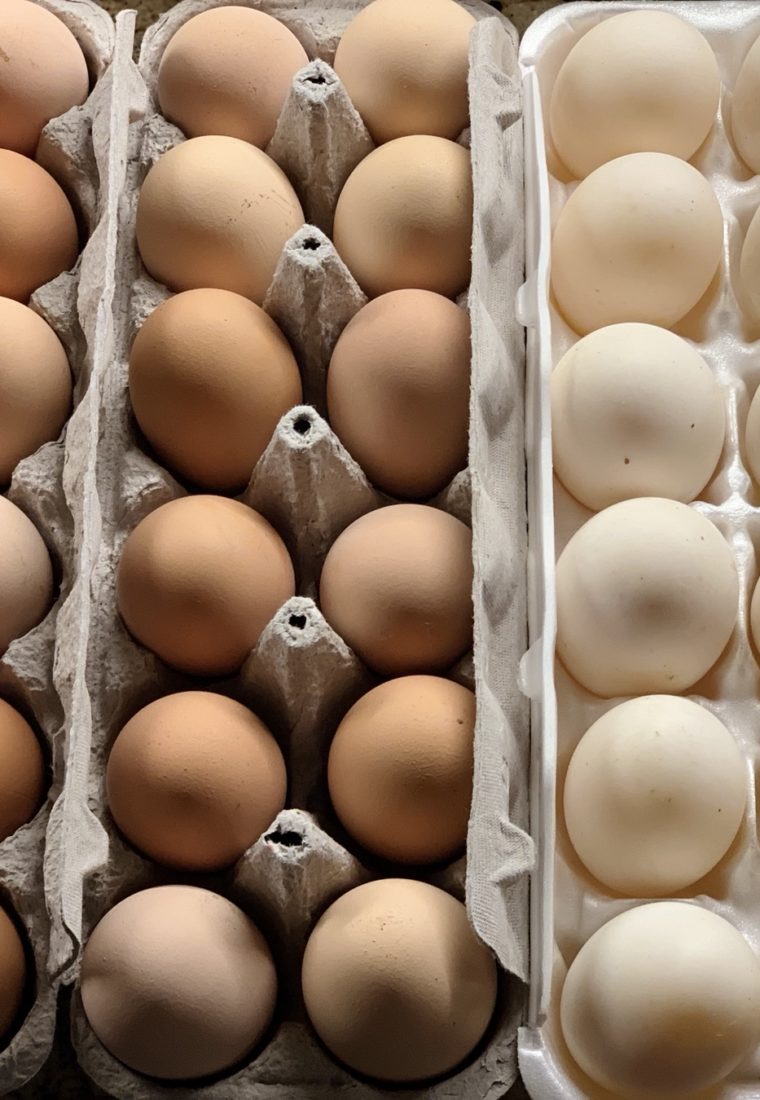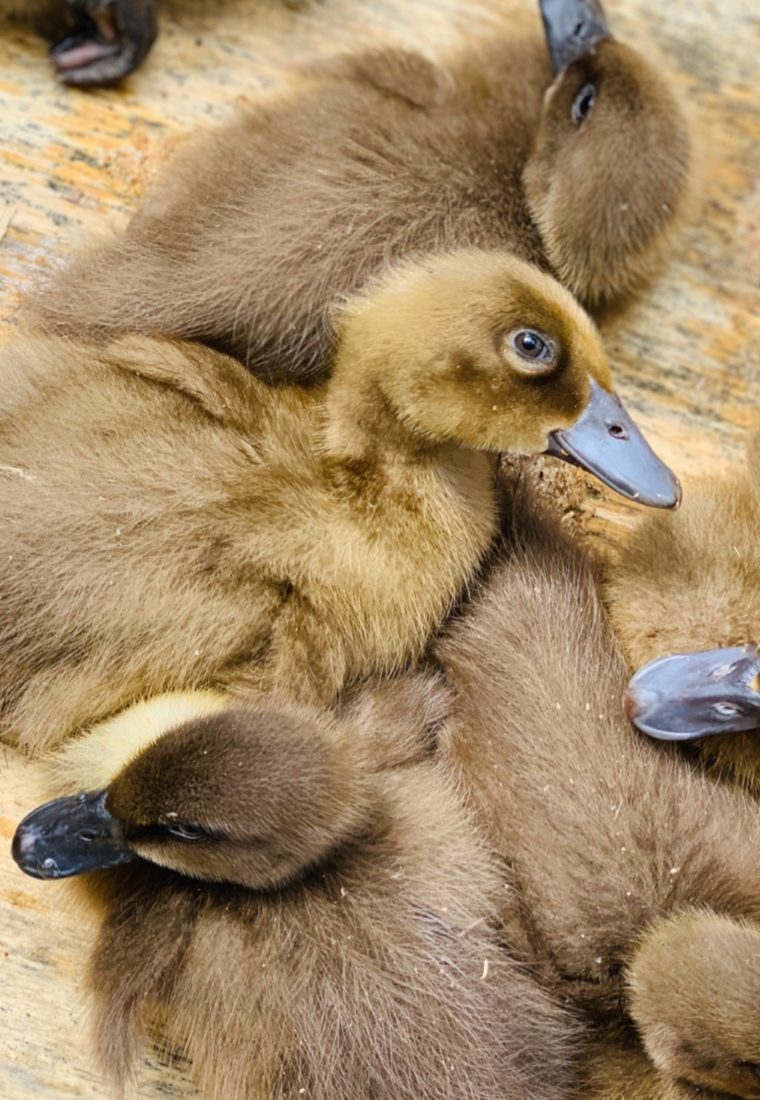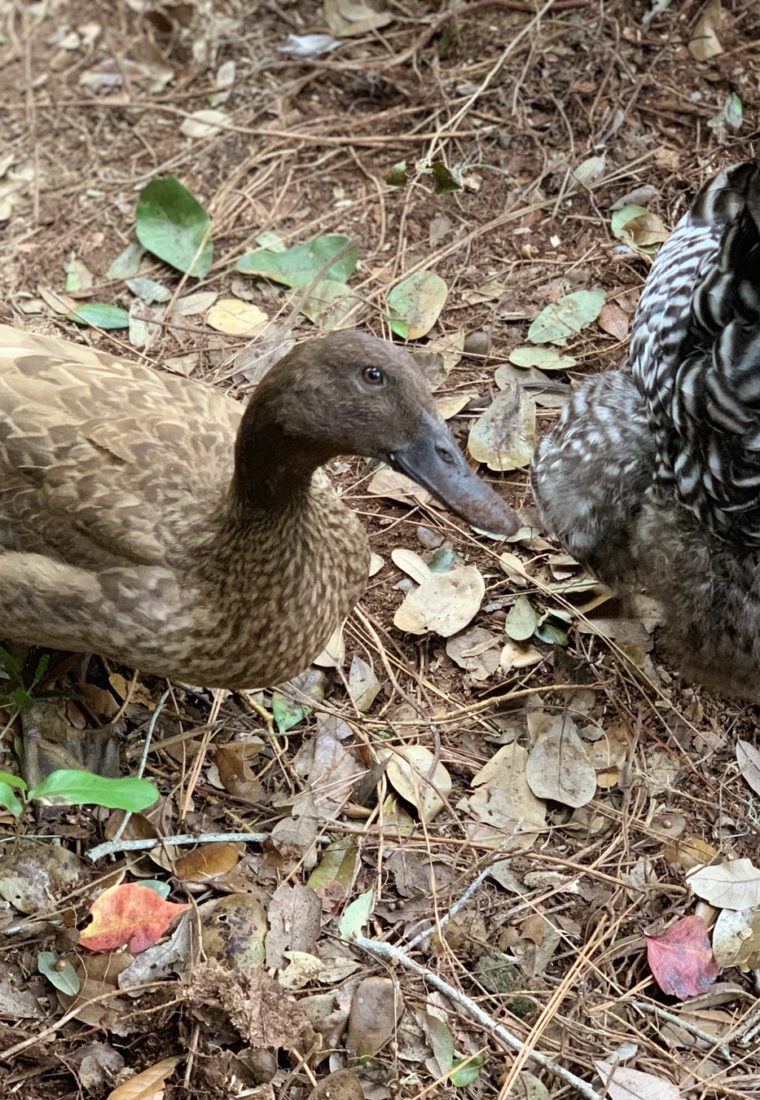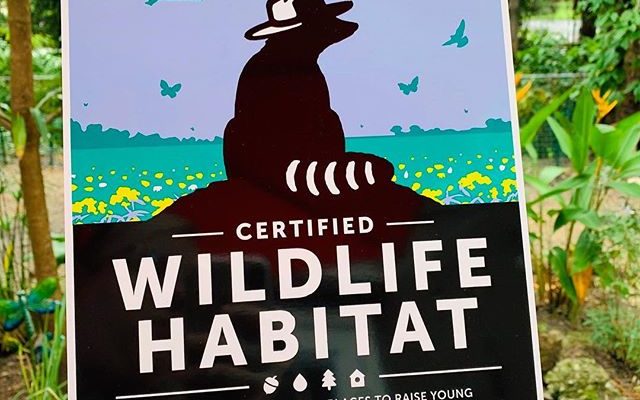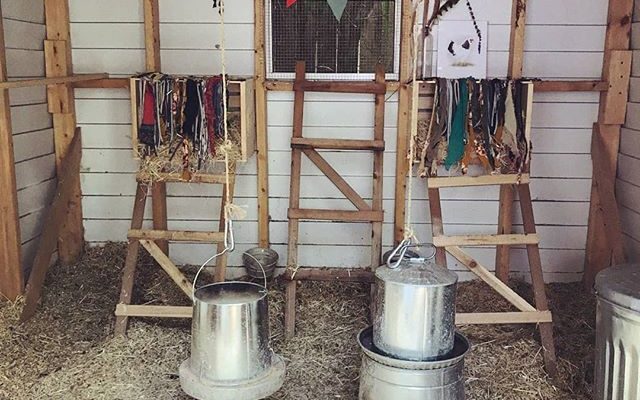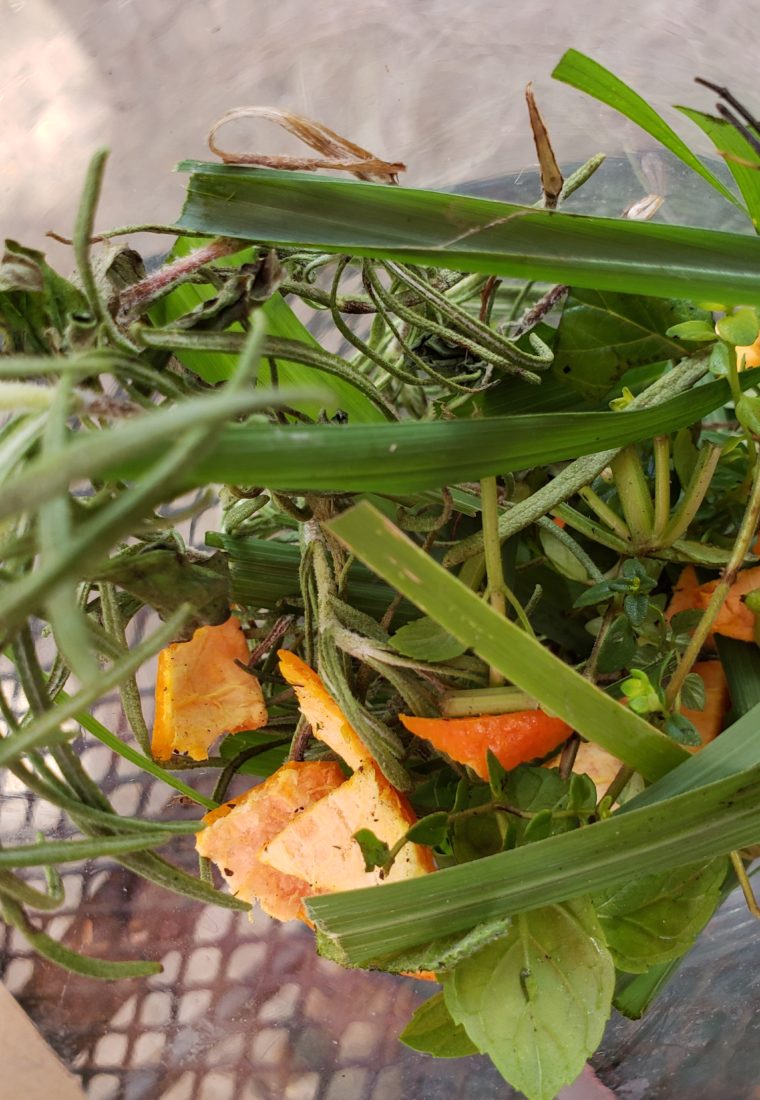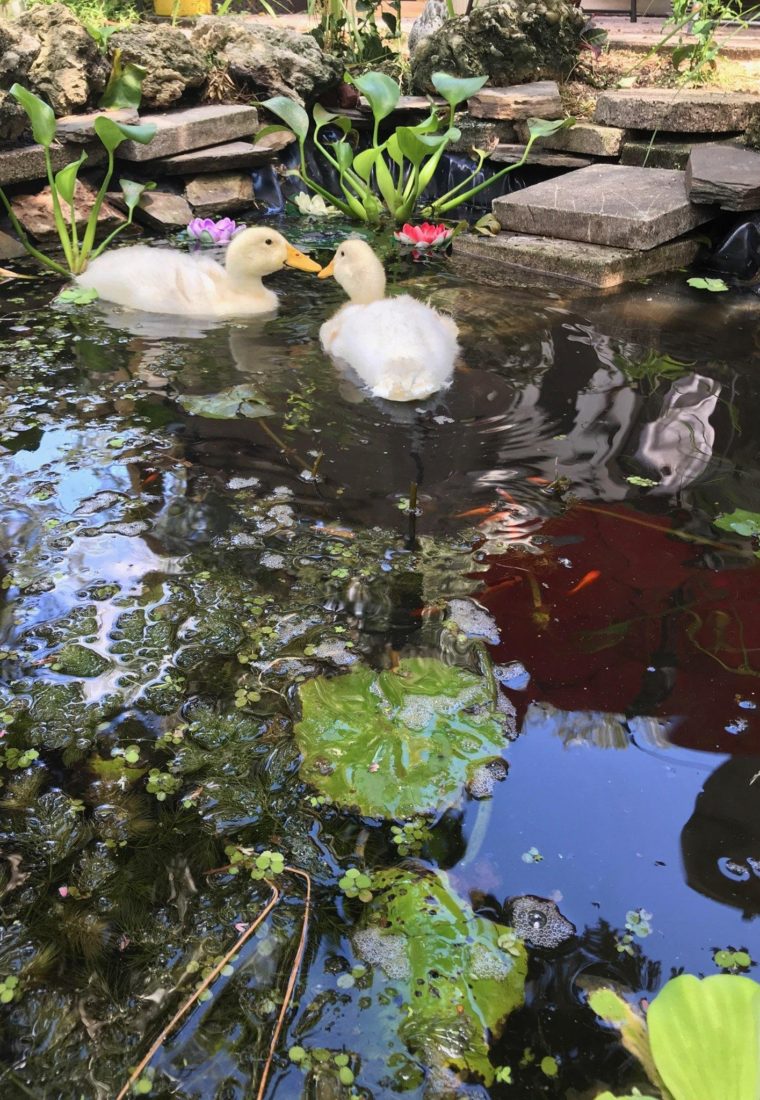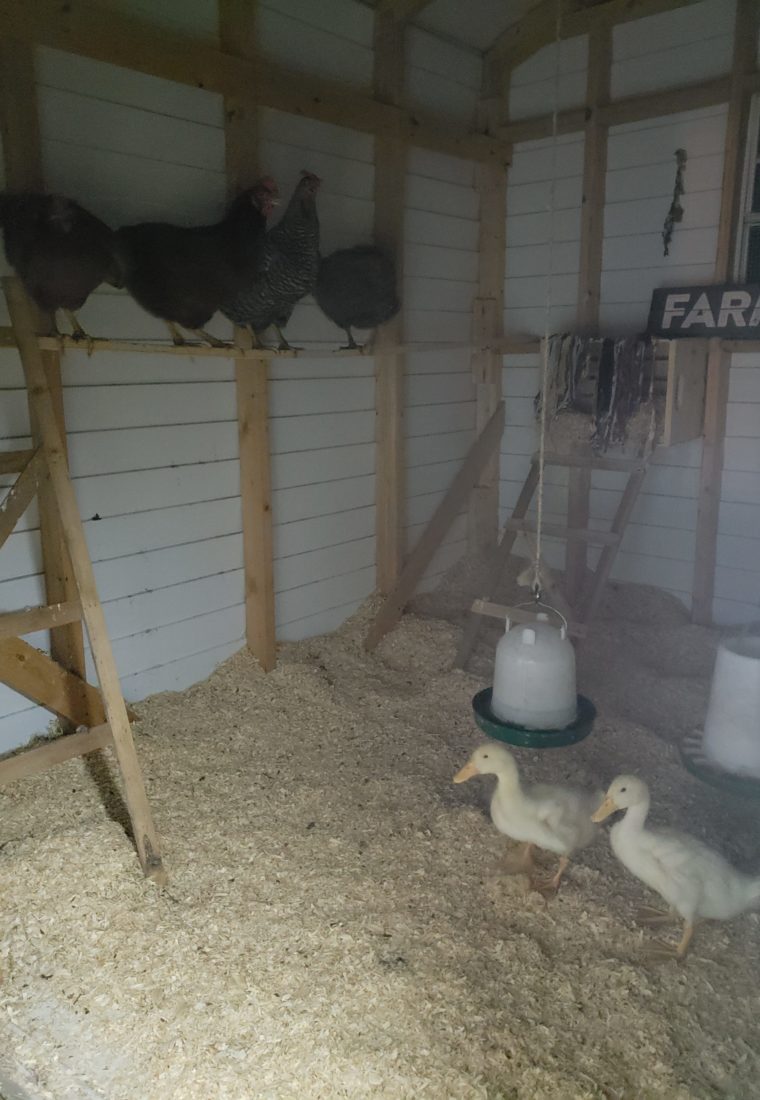10 Ways Homesteaders Are Saving the Planet
Homesteading is all about creating a lifestyle of self-sufficiency. It starts with something as simple as a garden to feed your family, chickens to provide eggs, and it can go as far as growing herbs for medicine, raising cows & other animals and finding ways to do things for yourself and your family without the need for much else. Homesteading can also involve creating and making things based on what you have to provide a source of income for your family. All in all, creating a more self-sufficient lifestyle is rewarding and provides many benefits, including helping the planet! How? Well, I’m happy to explain.
Here are 10 ways homesteading can help save the planet:
1. By promoting biodiversity

Ponds, plants, animals, fish, it’s all part of the homesteading lifestyle.

2. By providing pollinator habitat

Bees and butterflies, as small as they are, do a very big job of pollinating our crops so that people all over the world can eat. By us homesteaders providing them with flowers to feast on, we’re helping keep them alive so they can keep us alive.
3. By cleaning your air

Many plants are air filtering. Did you know that? Clean air = less asthma hospitalizations for you and me.
4. By regenerating the soil

Natural fertilizer from backyard farm animals enriches the soil and won’t contaminate local drinking water like chemical fertilizers. Using the land productively helps prevent soil erosion so the land can continue to be used.
5. By shrinking the local carbon footprint

Locally grown food has the lowest carbon emissions, so whether it’s farm eggs or hydroponic basil, it’s got a lower carbon footprint compared to store-bought eggs and produce. Collecting eggs from your own back yard or from your neighbors is a heck of a lot better for the environment than a car trip to the store for eggs.
6. By saving the oceans

The more food you grow at home, the less plastic packaging. Recyclable or not, plastic can’t be recycled over and over again like metals, so eventually they’ll end up in the environment. Another win for backyard farming!
Here are a few more ways homesteading really helps:
7. By helping you stay cool
The extra foliage in our backyards help soak up the sun’s heat, preventing what scientists call heat island effect. The less green, the hotter it is. That’s why cities tend to be a few degrees hotter than suburbs and countryside. So uh, you’re welcome! Without us expect your electric bill to be a bit higher for A/C.
8. By lowering your grocery bill
Whether we’re bartering with our neighbors or eating what we grow, the overall effect is people are finding more of what they need outside of the grocery store. This keeps local grocery stores from hiking up their prices and may even lead to more discounted “manager specials” because people aren’t buying stuff fast enough.
9. By creating community
In an antisocial world, homesteads are a place where you can reconnect with nature and humanity.
10. By raising rooted children
Raising children on a homestead teaches certain lessons and instills certain values you can’t get from YouTube. Like that the outdoors has just as much to offer, if not more, than a screen. That good things take time, like the mango tree we planted in and fruited later. Raising children in to adults who understand these important lessons will make the world a better place.
